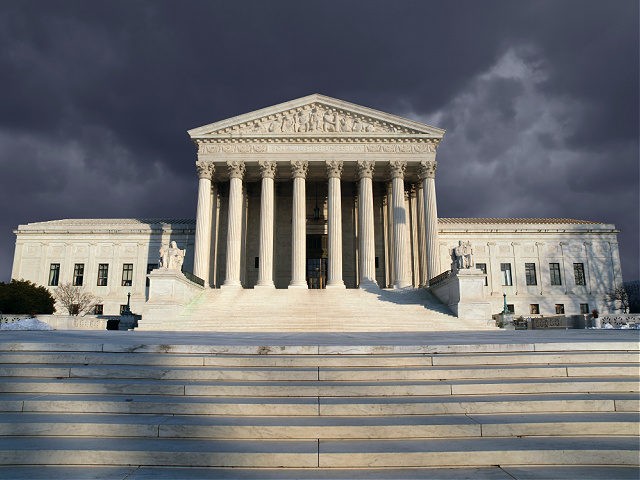The tech industry appears to have defeated attempts to hold them legally liable for hosting terrorist content on their platform, having today received favorable decisions in two Supreme Court cases, Twitter Inc. v. Taamneh, and Gonzalez v. Google.
In the Taamneh case, Twitter, along with Facebook and Google, was sued by the family of Jordanian citizen Nawras Alassaf, who was killed in an ISIS terror attack in Istanbul in 2017. The Supreme Court heard arguments in the case this February.
Under the provisions of Section 2333 of the U.S. Anti-Terrorism Act, attorneys for Alassaf argued that Twitter aided and abetted ISIS, because the Islamic terrorists were able to use the platform despite the platform prohibiting them from doing so. The Justice Against Sponsors of Terrorism Act (JASTA) amended the Anti-Terrorism Act in 2016 to introduce the aiding-and-abetting liability.
In an opinion written by Justice Clarence Thomas, the Court ruled that the bar for “aiding and abetting” in a criminal act is “consciously and culpably” participating in said act, and that the tech companies did not do so.
“If aiding-and-abetting liability were taken too far, then ordinary merchants could become liable for any misuse of their goods and services, no matter how attenuated their relationship with the wrongdoer,” wrote Thomas.
“When there is a direct nexus between the defendant’s acts and the tort, courts may more easily infer such culpable assistance,” wrote Thomas, adding that in this case, “the nexus between defendants and the Reina attack is far removed.”
A day before hearing arguments Taamneh, the Supreme Court also heard arguments in the Gonzalez case. In that case, petitioners sought to clarify the bounds of Section 230 of the Communications Decency Act, which protects tech platforms from liability for most content.
The petitioners, the family of a 23-year-old woman killed by ISIS, argued that Google is partly responsible due to the presence of ISIS videos on YouTube, which the former company owns.
The Court’s decision in the Taamneh case allowed it to sidestep the need to make a potentially momentous decision on the boundaries of Section 230, which would have had wide ramifications for the tech industry. Because Section 230 shields tech from liability for decisions to remove content as well as hosting it, both proponents and opponents of tech censorship are in fierce competition to amend, redefine, or reinterpret it.
In the Gonzalez case, the Court concluded that “the allegations underlying their secondary-liability claims are materially identical to those at issue in Twitter.”
“Since we hold that the complaint in that case fails to state a claim for aiding and abetting.. it appears to follow that the complaint here likewise fails to state such a claim.”
“We therefore decline to address the application of §230 to a complaint that appears to state little, if any, plausible claim for relief.”
The cases are Twitter Inc. v. Taamneh, No. 21–1496, and Gonzalez v. Google LLC, No. 21-1333, in the Supreme Court of the United States.
Allum Bokhari is the senior technology correspondent at Breitbart News. He is the author of #DELETED: Big Tech’s Battle to Erase the Trump Movement and Steal The Election.

COMMENTS
Please let us know if you're having issues with commenting.